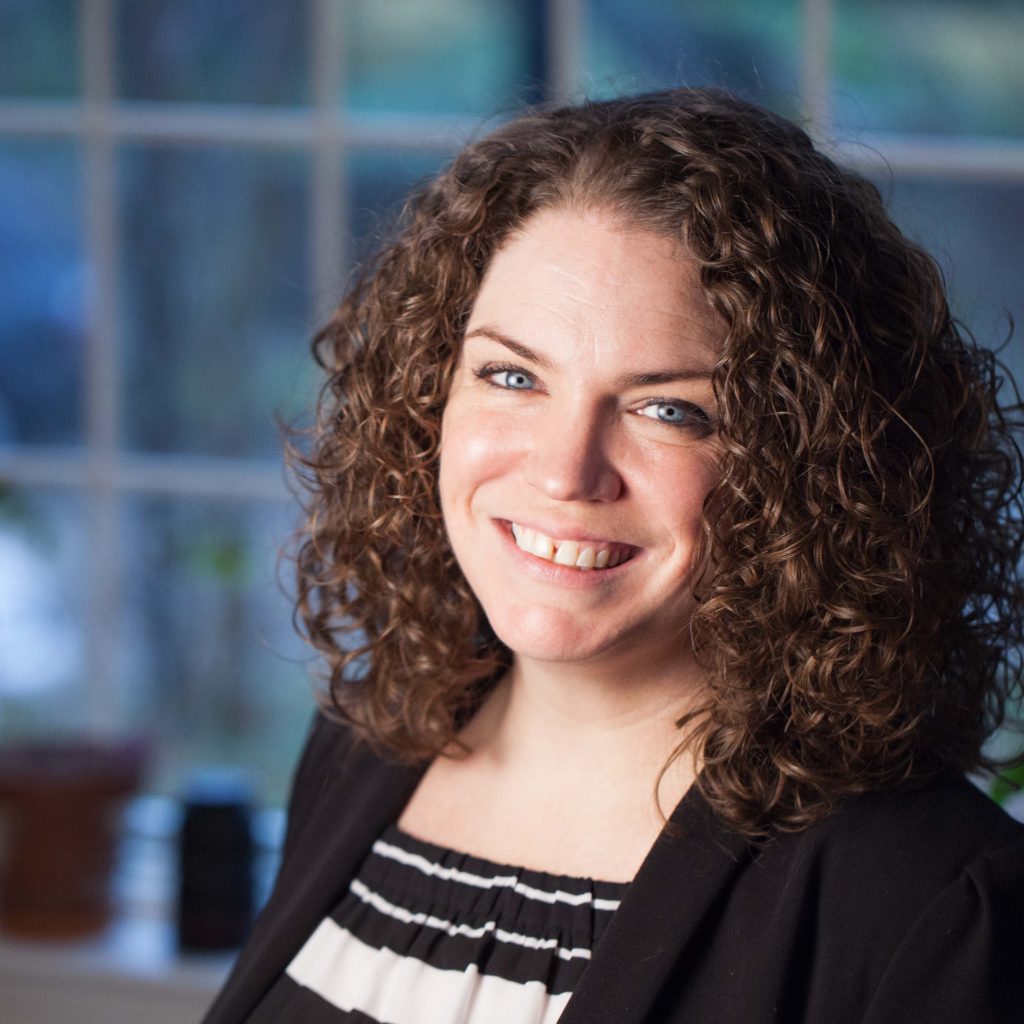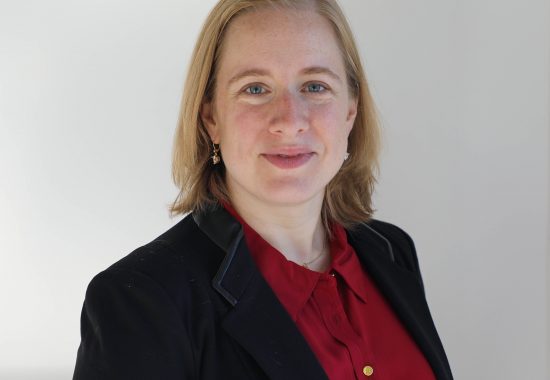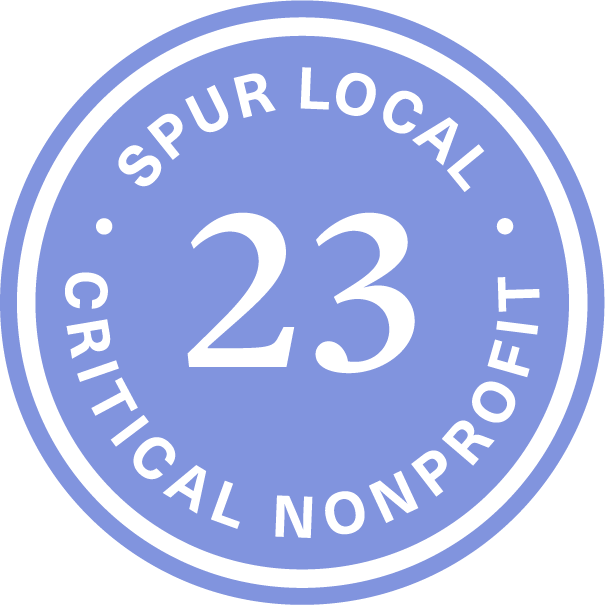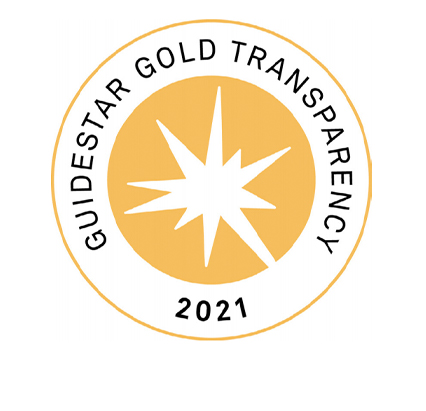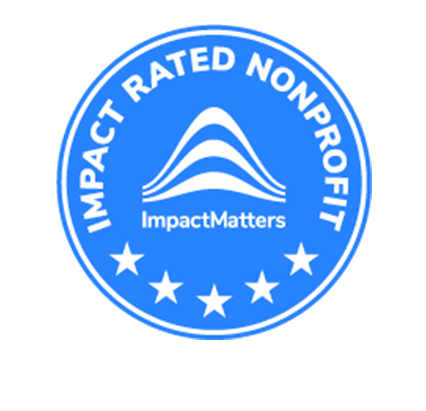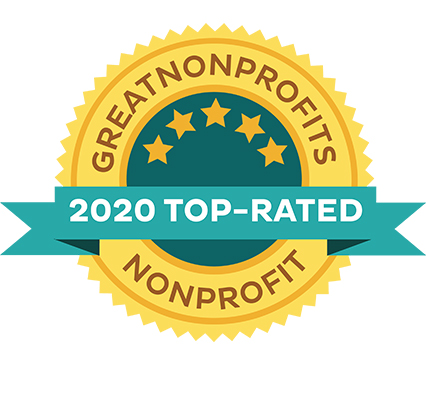Jeff and MacKenzie Bezos donate $97.5 million to 24 nonprofits across the U.S. working on family homelessness
Washington, DC – Nov. 20, 2018 – The District Alliance for Safe Housing (DASH) announced today that it is one of the first grantees to receive $2.5 million in funding from the Day 1 Families Fund to expand the reach of critical services DASH provides to over 2,000 survivors of domestic and sexual violence and their families in the Washington, D.C. area. The fund was created by Jeff and MacKenzie Bezos last September to fight homelessness.
DASH is Washington’s largest dedicated safe housing provider for survivors of domestic and sexual violence and their children, providing an innovative approach for serving those who have traditionally faced challenges accessing mainstream shelter programs. By providing low-barrier housing, helping survivors avoid homelessness to live free from abuse and engaging policymakers, DASH is leading at the nexus of survivor support and housing services.
“Our goal is to shift the conversation from one about ‘battered women’s shelters’ to one about concrete action and sustainable, safe housing solutions for survivors and their families,” said Koube Ngaaje, Executive Director of DASH. “This grant from the Day 1 Families Fund will help us march toward our goal to make safe housing more accessible and ultimately less necessary in the future.”
Specifically, support from the Day 1 Families Fund will:
- double the reach of the Empowerment Project from 15 to 30 recipients, providing rental subsidies that allow survivors to repair their credit, save, and ultimately assume rent payments themselves to achieve long-term housing stability;
- double the impact of the Survivor Resilience Fund from 50 to 100 families a year who will avoid losing their housing, becoming homeless, or entering the shelter system; and
- provide funding for DASH’s Cornerstone program building loan, creating a ripple effect that will direct savings to help fund other DASH programs and kick-start a capital campaign to retire the loan entirely.
“While at DASH, I used every resource available to me. I worked with my advocate who found resources for employment, school, and permanent housing,” said Tasha, a 28-year-old abuse survivor with a young son. Today Tasha has a new career as a Certified Nurse Assistant and has moved into her own, permanent housing. “The DASH program has changed me as a mother and even as a person and the way I think today.”
“This grant is a game-changer for the services we can provide to the city and its residents,” said Ngaaje. “DASH currently provides 50 percent of the city’s safe housing units. In 2017, 43 percent of unmet requests from DC domestic violence survivors were for housing. This funding will help ensure we move even closer to meeting the needs of our residents – and all survivors in the D.C. metro area – so that no survivor ever has to go without a safe place to sleep.”
DASH is one of 24 nonprofits to receive the first Day 1 Families Fund grants, totaling $97.5 million. Recipients from around the country include: Abode Services, Catholic Charities Archdiocese of New Orleans, Catholic Charities of the Archdiocese of Miami, Catholic Community Services of Western Washington, Community of Hope, Community Rebuilders, Crossroads Rhode Island, District Alliance for Safe Housing (DASH), Emerald Development & Economic Network (EDEN) Inc., FrontLine Service, Hamilton Families, Heartland Family Service, Housing Families First, JOIN, LA Family Housing (LAFH), Northern Virginia Family Service (NVFS), Primo Center for Women and Children, Refugee Women’s Alliance (ReWA), SEARCH Homeless Services, Simpson Housing Services, The Salvation Army of Greater Charlotte, The Salvation Army of Greater Houston, UMOM New Day Centers and Urban Resource Institute (URI).
Founded by Jeff and MacKenzie Bezos, the Bezos Day One Fund consists of two programs: the Day 1 Families Fund that provides grants to nonprofit organizations fighting homelessness, and the Day 1 Academies Fund that will fund and build a network of pre-schools in low-income communities across the country. The Day 1 Families Fund’s vision comes from the inspiring Mary’s Place in Seattle: no child should sleep outside. A small group of expert advisors provided input to the Bezos Day One Fund team to select these organizations. The Day 1 Families Fund will be awarding grants annually. For more information, visit https://www.bezosdayonefund.org/day1familiesfund.
About DASH
Founded in 2006, DASH works to ensure access to safe and sustainable housing for all survivors of domestic and sexual violence and their families in the District of Columbia, through transitional and long-term safe housing and innovative homelessness prevention services. DASH works to create a culture where safe housing is a human right shared by everyone. For more information about the District Alliance for Safe Housing (DASH) and ways to get involved, visit https://dashdc.wpengine.com/.

